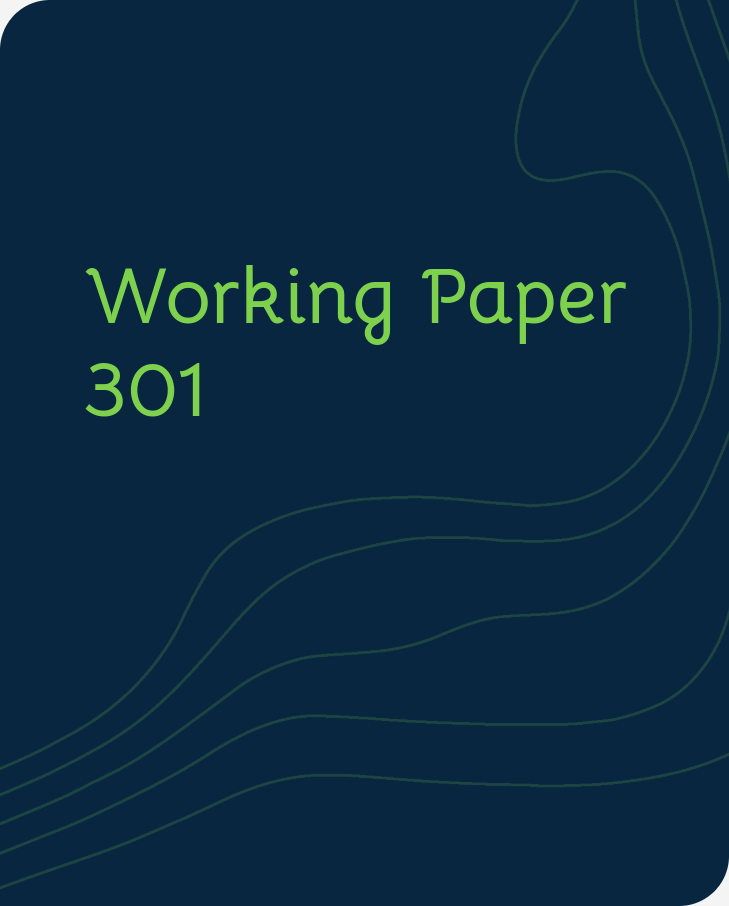Publication
Transition Report
Reform progress and transition indicators
Who we are
Overview: about the EBRDWho we are
Overview: about the EBRD
Learn about the EBRD's journey to investing more than €220 billion in over 7,800 projects.
What we do
Overview: how the EBRD operatesWhat we do
Overview: how the EBRD operates
Across three continents, the EBRD supports the transition to successful market economies.
Work with us
Overview: how you can work with the EBRDWork with us
Overview: how you can work with the EBRD
We draw on three decades of regional knowledge and financial expertise to tailor our products and approaches to each client's needs.
January, 2025

By Selim Gulesci, Francesco Loiacono, Andreas Madestam and Miri Stryjan
We use a five-year panel of Ugandan SMEs, supplemented with phone-survey data from August 2020, to analyze how the onset of the Covid-19 pandemic affected profits and employment. Most firms had employees, enabling us to investigate whether—and how—the crisis reshaped SMEs’ job-creation capacity, with particular focus on gender differences. Profits fell substantially for all firms, yet male entrepreneurs paradoxically expanded their workforce—suggesting that hiring under crisis may arise partly from social obligations. Meanwhile, female entrepreneurs bore heavier caregiving loads and relied more on extended family support, potentially hampering future growth through added caregiving and reciprocal obligations.
All Working Papers
The Working Paper series seeks to stimulate debate on transition in the EBRD regions.
For media enquiries related to this working paper, please contact Ksenia Yakustidi, Media Adviser at the EBRD’s Office of the Chief Economist
YakustiK@ebrd.com
